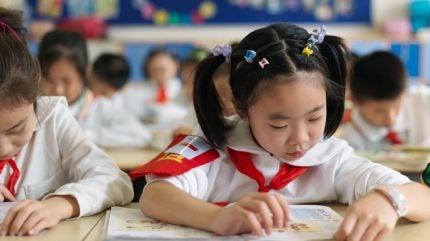
On Monday, Chinese Premier Li Qiang chaired an executive meeting where the “Special Administrative Measures for Foreign Investment Access (Negative List) (2024 Edition)” was approved. The document lays out liberalizing measures regarding foreign investment in formerly restricted sectors in China.
The decision comes after flailing FDI inflows in the country have broken records.
The document has not been released in full, so the exact changes are still to be seen. However, the ministry did say that the affected sectors included manufacturing, education, telecommunications and healthcare.
Existing regulations
The State Council announced that restrictions on foreign investments into the manufacturing sector would be completely abolished. The only existing measure restricted foreign investment in the printing of publications and the production of traditional Chinese medicines.
Restrictions on telecommunications are to be eased, but not completely eliminated. In April, the Ministry of Industry and Information Technology announced that foreign investment limits on specific value-added areas would be lifted in pilot locations including Beijing, Shanghai, Hainan and Shenzhen. The results of the scheme will likely influence the upcoming changes.
Currently, there is a 50% limit on the proportion of foreign equity in value added telecommunication services (with some exceptions) and only state ownership of basic telecom services is allowed.
The only restriction on the healthcare sector is that medical ventures must be partly Chinese owned.
The education sector has two main restrictions. Preschool, high school and tertiary educational institutions must be partly Chinese-owned and there can be no investment into compulsory educational institutions and religious organizations.
Former education overhaul
The government’s crackdown on private tutoring in 2021 scrapped away millions in foreign investment in the education sector.
It was an attempt to decrease the cost of having children to combat population decline. Private tutoring had become a billion-dollar business and put heavy pressure on students and families in the country’s test-centric culture. Amid a slow economy, young couples had cited high education costs as a key factor in their decision to not have children.
Flagging FDI
In the second quarter of the year, foreign businesses have taken $15bln out of China. It was a historic low and the second time they ever recorded a net outflow in their balance of payments.
Whether lifting some restrictions will be enough to counteract the decline depends on the extent of the changes and investors’ reactions.
The restrictions in these sectors have always been for national security reasons so China’s decision to change them suggests it is eager to attract FDI any way it can.



